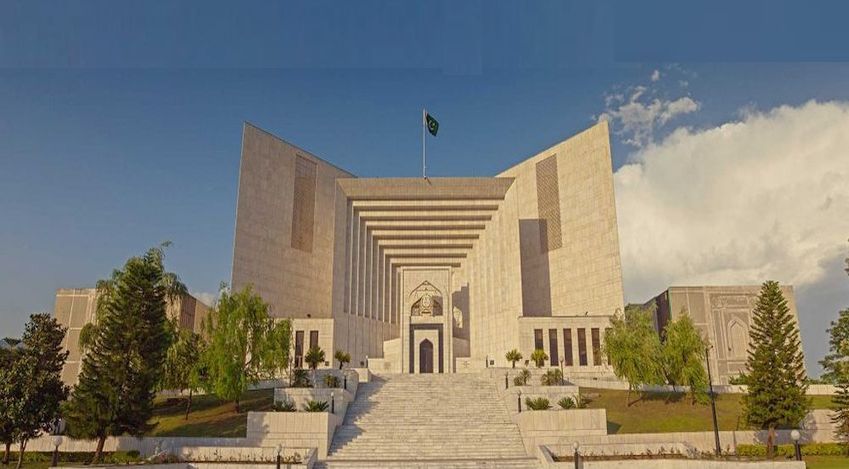The Customs Appellate Tribunal has the Inherent Authority to Execute its Orders without Requiring High Court Intervention --- Supreme Court of Pakistan
Islamabad 27-08-2024: The Supreme Court of Pakistan, in a recent landmark judgment, has clarified the powers of the Customs Appellate Tribunal regarding the execution of its orders. The decision, which addresses a significant legal question, affirms that the Tribunal possesses the inherent authority to enforce its rulings without requiring intervention from the High Courts.
The case involved Khalid alias Muhammad Khalid and others, who were implicated in a smuggling case involving the seizure of gold and a vehicle by the Customs Collectorate (Enforcement) Lahore. The appellants had claimed ownership of the seized items and challenged the confiscation ordered by the Collector of Customs (Adjudication) Lahore. Upon appeal, the Customs Appellate Tribunal partially allowed the release of certain items but maintained the confiscation of gold deemed to be of foreign origin.
When the appellants sought to implement the Tribunal's decision, they faced resistance from customs officials, prompting them to file a writ petition in the Lahore High Court. The High Court dismissed their petition, leading them to appeal to the Supreme Court.
The Supreme Court, led by Mr. Justice Syed Mansoor Ali Shah, with Mr. Justice Athar Minallah and Mr. Justice Malik Shahzad Ahmad Khan on the bench, held that the Customs Appellate Tribunal indeed has the power to execute its orders under Sections 194-A and 194-B of the Customs Act, 1969. The Court emphasized that this power is implied within the Tribunal's jurisdiction, even though it is not explicitly stated in the statute.
The judgment stressed that the operative status of the Tribunal's decision remains intact unless stayed by a higher Court. Referring to previous rulings, the Court noted that any party seeking to delay the execution of a Tribunal's order must obtain a stay order; otherwise, the Tribunal’s ruling must be implemented.
The Court also clarified that the existence of an adequate remedy within the statutory framework specifically, the Tribunal’s power to enforce its decisions excludes the need for writ petitions for execution purposes. This decision effectively limits the scope of writ jurisdiction in cases where statutory tribunals are empowered to enforce their judgments.
In dismissing the appeal, the Supreme Court provided crucial guidance on the enforcement powers of the Customs Appellate Tribunal, reinforcing the principle that statutory bodies must have the means to ensure their decisions are carried out. The appellants were advised to seek execution of the Tribunal’s order through the appropriate channels rather than through writ petitions.
This judgment is expected to have significant implications for the enforcement of tribunal decisions across various statutory bodies in Pakistan, ensuring that such decisions are both respected and effectively implemented without unnecessary judicial intervention.
Powered by Froala Editor








